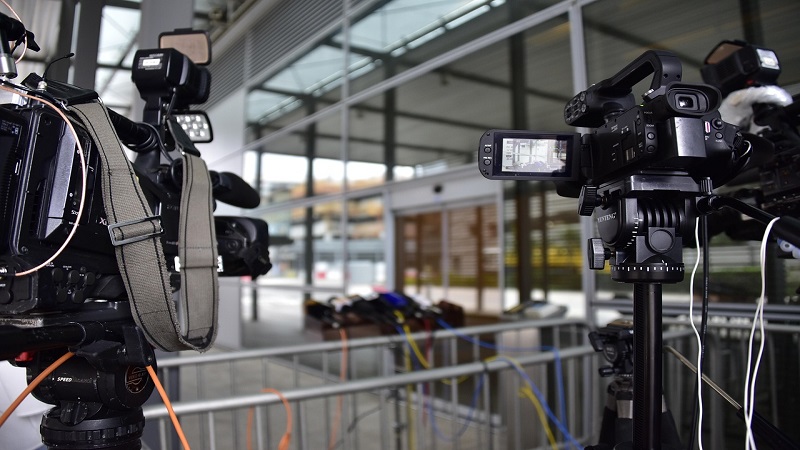With Freedom Day approaching, it is a time to reflect not only on South Africa’s democracy but also on the role of media freedom in shaping the country over the past 31 years. Media ethics, freedom of expression, and the media’s role in holding power to account have evolved significantly since 1994.
Professor Herman Wasserman, Head of the Journalism Department at Stellenbosch University, said the transformation has been notable. “Firstly, we must recognize that we now live in a democracy, as before, we didn’t. That means that the media has been recognized as an important pillar of this democracy.”
He noted that media freedom has become a cornerstone of South Africa’s democratic society, allowing journalists to openly criticize government and other institutions. “It has been quite a robust and vibrant media here in South Africa, and you also see more participation from all walks of life.”
Wasserman added that technological advancements have also played a key role. “In the last 30 years, we’ve seen big advancements in technology. People now participate in online discussions and media production. While this has brought challenges, it has also enabled greater independence and accountability.”
He emphasizes that under apartheid, the media had limited power but today, it plays a vital role in upholding democratic values.
Listen to the full interview below:
VOC News
Photo: Pixabay









